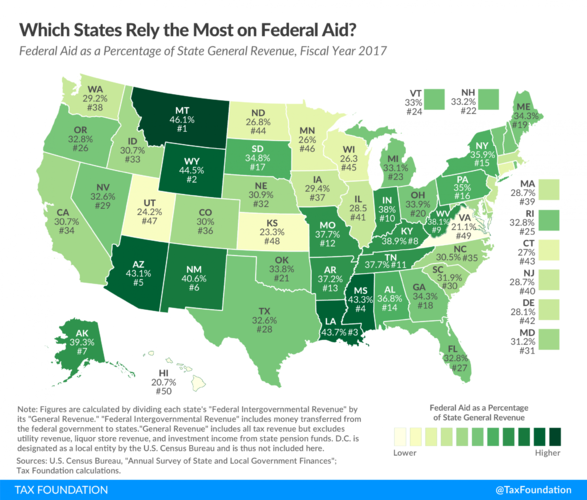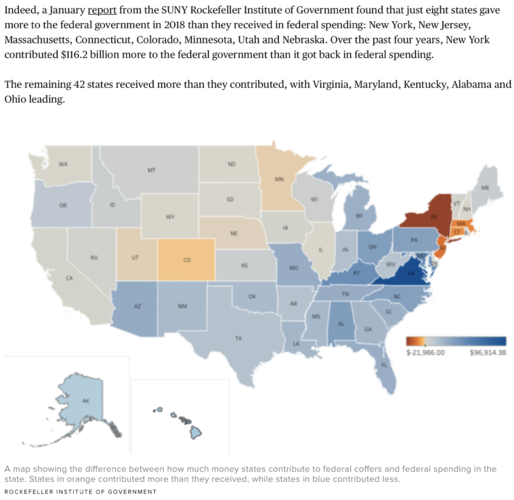Uses a internet screen name to call someone a chicken impressive tactic.[IMG alt="Big Fin"]https://www.hunttalk.com/data/avatars/m/12/12015.jpg?1571925455[/IMG]
Big Fin
Administrator
Staff member
JoinedDec 27, 2000Messages14,881LocationBozeman, MT
Wish I was not traveling tomorrow. I'd love to be there in person.
"Suffice to say, the Committee is squirming right now. If they think the last few days have been hectic just get this on the Governor's desk. Then things will get serious.
My name is Randy Newberg and I approved this post. What is written is my opinion, and my opinion only."
It's pretty amazing after you filled everyone full of lies, misinformation and discontent about SB143 and got many to do your dirty work, you're to much of a chicken to even show up at the Capital to answer questions from the Committee today.
All I can say is that you must really HATE the outfitting industry to put out the propaganda you posted about SB143. SB143 will only benefit resident hunters by reducing NR competition on public land and Block Management, but you failed to point that out. You suggested that SB143 would greatly harm the NR DIY hunter by taking away their chance to draw a license, but in actuality their draw success will remain the same as it was, because you failed to factor in the fact that outfitter's clients are included in the draw stats and by removing them from the general draw only keeps the draw for the non-outfitted hunter the same chance as it is now. And the last but most important thing you misrepresented to everyone was the fact that SB143 will generate millions of dollars for conservation and to improve access for Montana hunters.
Im shocked how many of you supports of this bill can't comprehend math but I guess that video kinda clears that up for us. Your asking for a 60% setaside, while claiming somewhere between 40% and 50% already go outfitted. Then saying dont worry odds won't change because x amount already go outfitted. The difference between 40% and 60% or 50% and 60% is substantial when it comes to draw odds so your either terrible at math, disingenuous, or your playing that we shot high on the % and will come down again card which is very disingenuous.
Good policy sells itself without having to create fictitious explanations that aren't in any way rooted in fact. The amount of b.s. explanations coming from supporters of this bill should be a strong indication of the quality of this bill.






